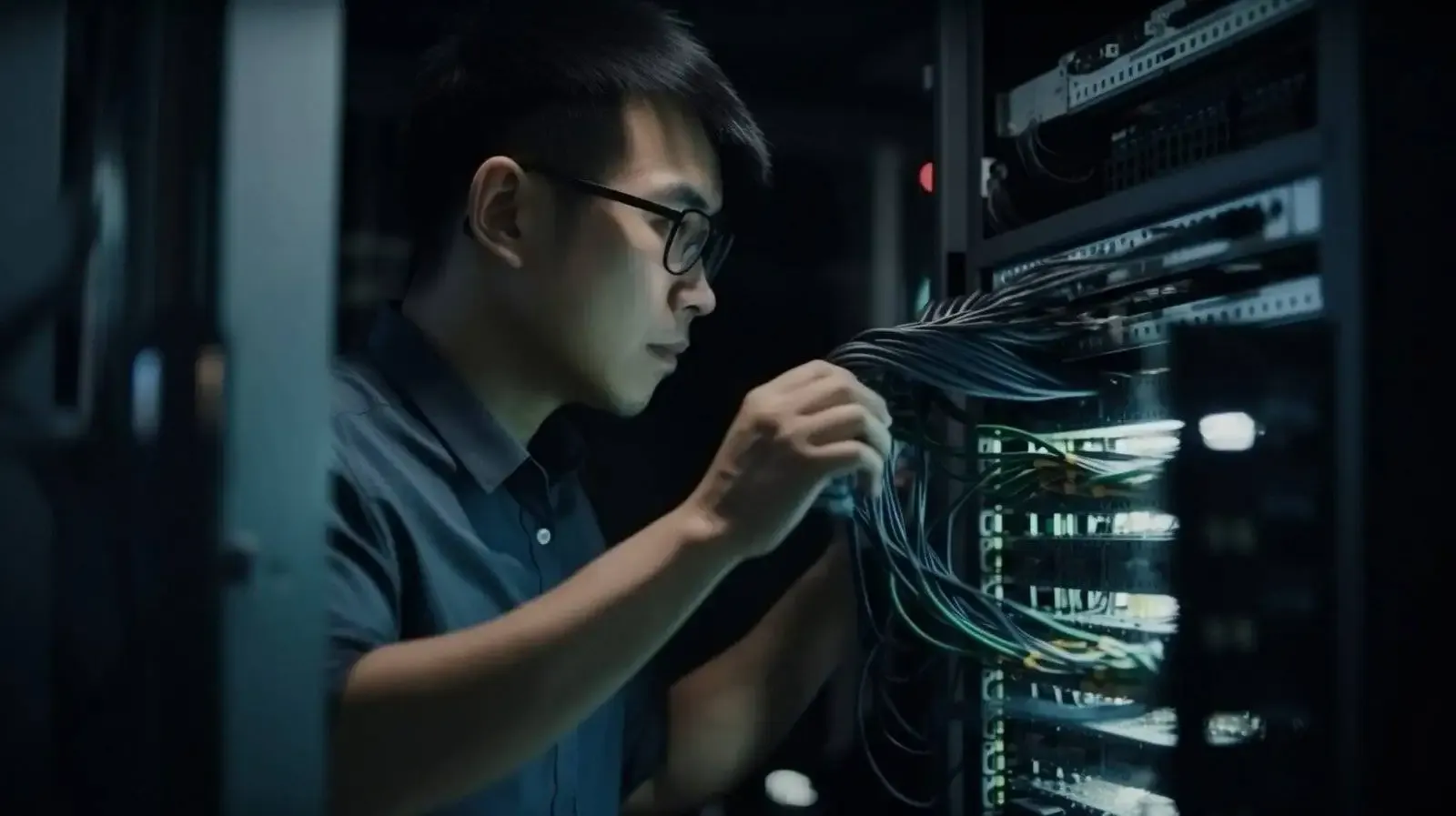
Loading podcast...
Transcript
No transcript available for this podcast.
Please check back later or contact us for more information.
For developers:
To enable timestamped transcript, add a field called timestamped_transcript, transcript_json, or transcript_timestamps with JSON data:
[
{ "time": "0:00", "content": "Hello and welcome..." },
{ "time": "0:15", "content": "Today we'll discuss..." },
{ "time": "1:30", "content": "Let's dive into the topic..." }
]



